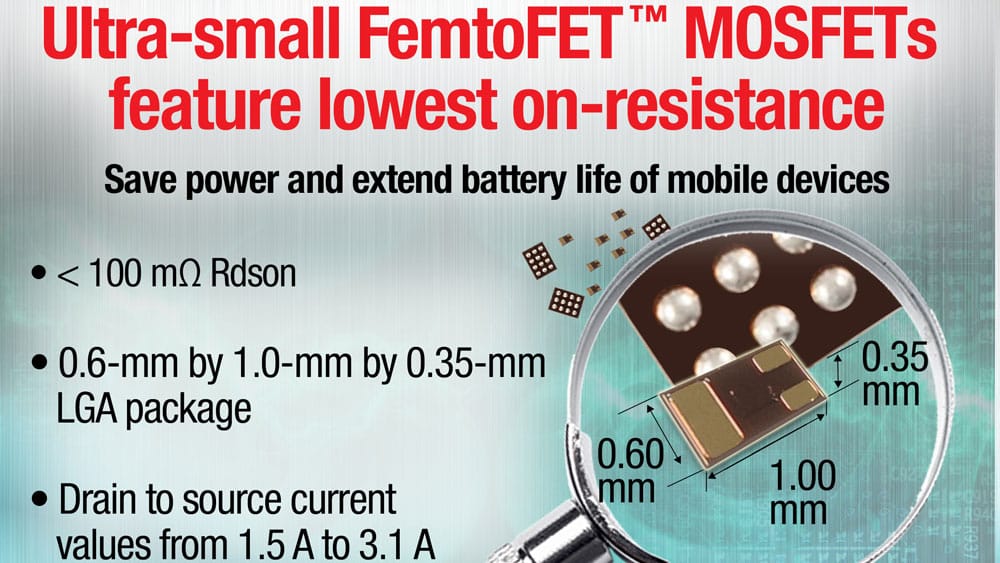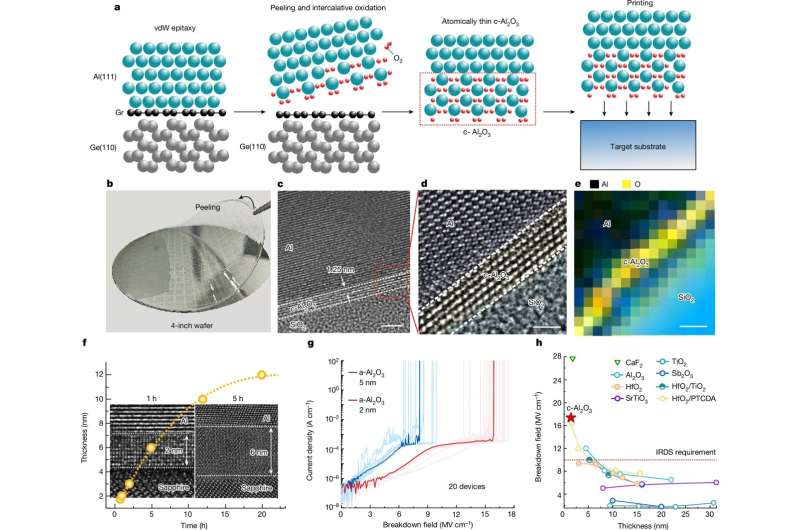In collaboration with researchers from the City University of Hong Kong and Fudan University, a team of engineers from the Shanghai Institute of Microsystem and Information Technology has developed a groundbreaking two-dimensional field-effect transistor (FET) that uses significantly less power. This innovation could lead to smartphones that need recharging far less often.
The team, publishing their findings in Nature, detailed how they overcame long-standing challenges such as high gate leakage and low dielectric strength. These issues have been significant hurdles in creating more minor, efficient computer chips. Two team members, Xiao Tian and Zengfeng Di, also provided a Research Briefing on the same issue, summarizing their work.
Engineers have been exploring new materials that could shrink silicon-based transistors for years, creating more advanced features in phones and other devices without increasing their size. This development is crucial for the future of 5G technology and AI-driven applications and for the Internet of Things (IoT), which requires even smaller, more efficient devices.
Traditional materials have begun to face limitations, particularly with short-channel effects, but 2D materials offer a promising alternative. They can be reduced to just a few atoms thick, making them ideal for the next generation of electronic devices. However, previous attempts to use 2D materials have struggled with creating smooth connections between them and other essential components.
The research team tackled this issue in their FET design by utilizing single-crystalline aluminum oxide, just 1.25 nanometers thick. Each transistor they built featured an aluminum gate measuring only 100 micrometers wide and 250 nanometers long, with a gap left between the gates to ensure full insulation. They successfully aligned the materials using van der Waals transfer methods, resulting in a 2D FET with high-quality dielectric interfaces.
This new technology, with its potential to significantly impact the future of electronics, could lead to more compact, energy-efficient devices that can operate longer between charges.
Sources: Techxplore.com



